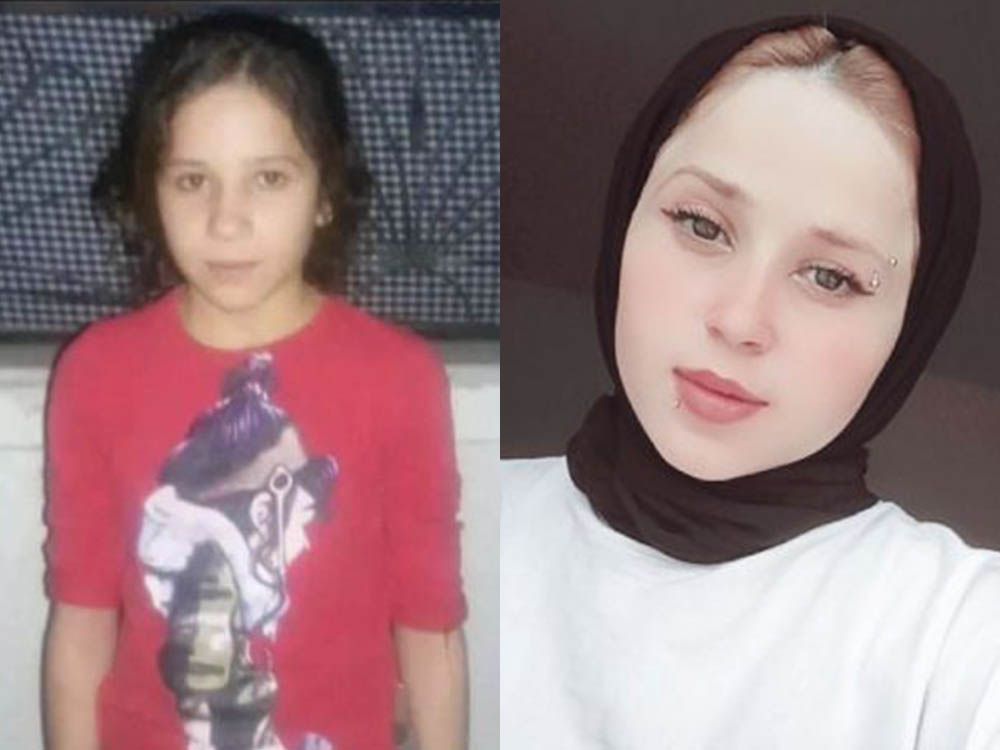



The word genocide has unfortunately lost much of its potency through misuse and unethical appropriation in the past decade. But in the case of the fragile Yazidi people, there can be no disputing the accuracy of the descriptor for the horrors inflicted on them in 2014 by the jihadist movement Islamic State of Iraq and the Levant (ISIL).
The Yazidis, a small, ancient people, much diminished in influence and prosperity from previous eras, are indigenous to the Mount Sinjar highland in Kurdistan. Monotheists who do not proselytize, their religion includes elements of Zoroastrianism, Judaism, Christianity and Islam. The 2014 genocide was by their reckoning the latest in a string of more than 50 attempts to wipe them out over the centuries. (During World War I, Turkey killed 350,000 Yazidis along with the Armenians, a loss as psychologically devastating as the six million Jews killed in the Holocaust.) Perceiving the Yazidis as pagans and infidels, ISIL massacred about 5,000 males, sent throngs of Yazidi boys to terrorist training camps for compelled combat with ISIL forces, and sex-enslaved 7,000 girls and women.
